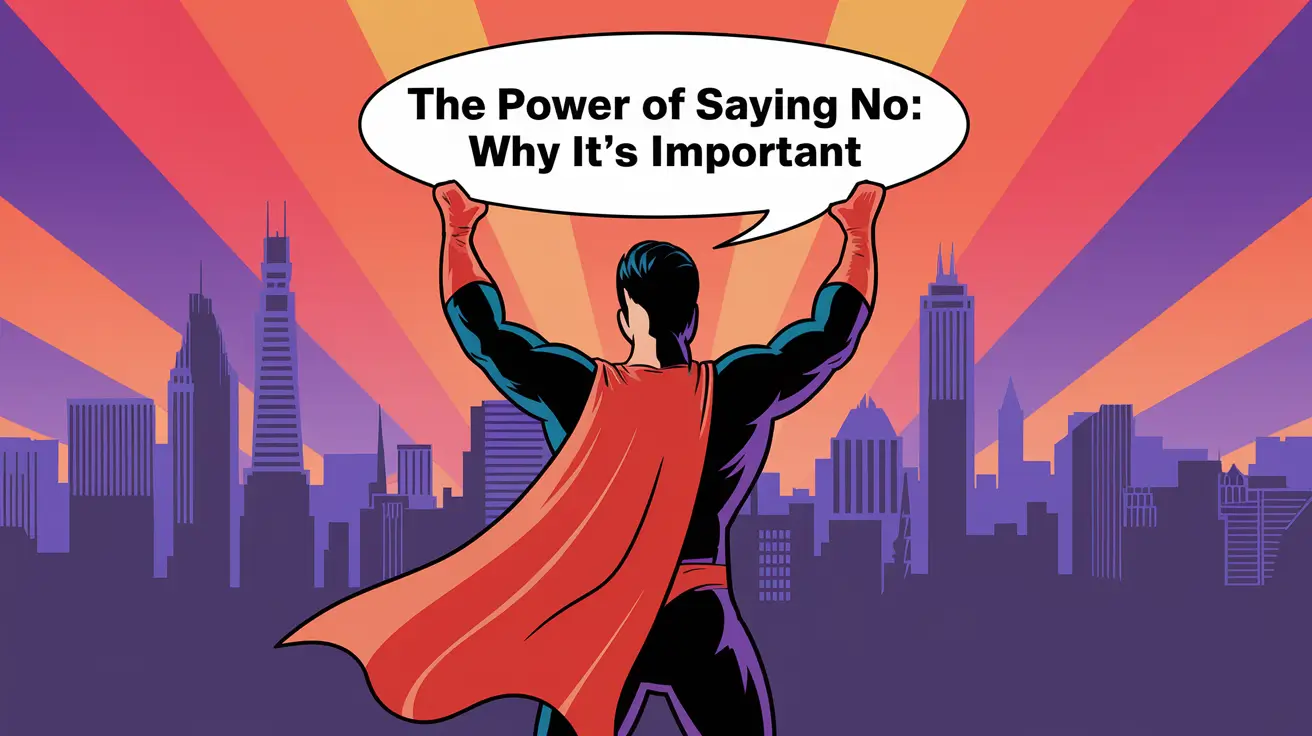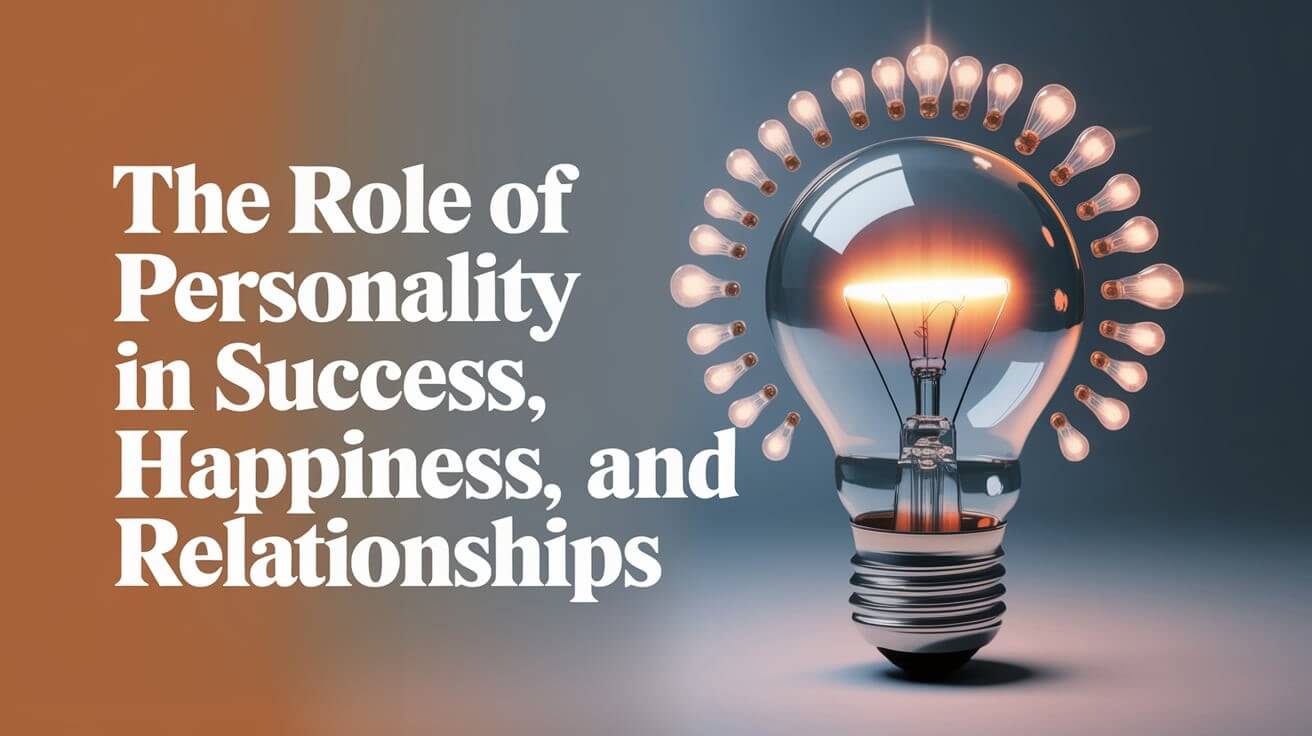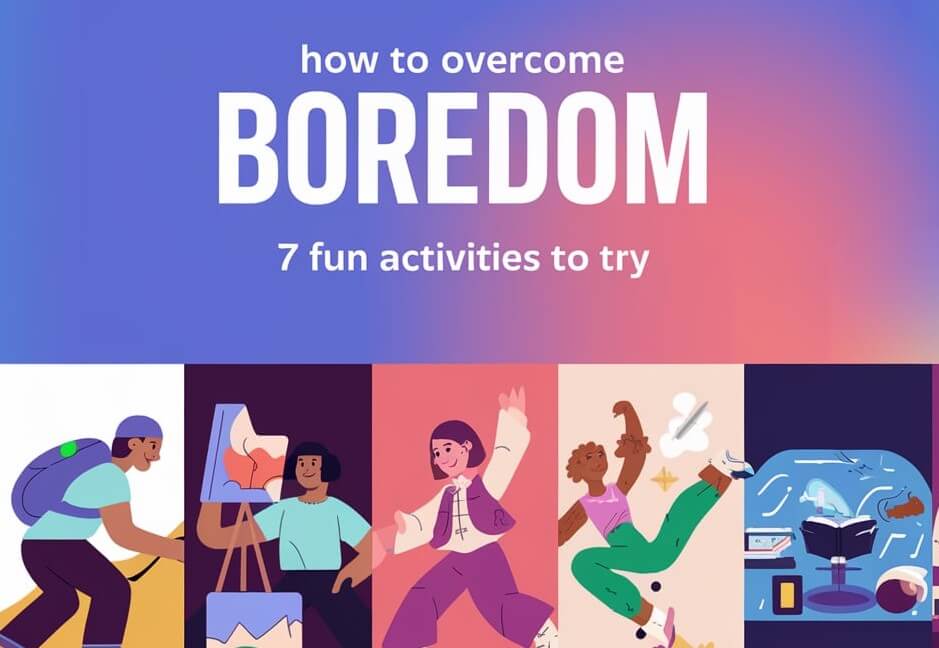The Power of Saying No: Why It’s Important
In a culture that celebrates hustle, productivity, and constant agreement, learning to say no can feel like a bold rebellion. Yet, it’s one of the most powerful tools you possess to reclaim your time, energy, and inner peace. The strength of saying no lies in its ability to establish boundaries, prioritize your needs, and free you from the weight of over commitment. If you’ve ever found yourself overwhelmed, stretched thin, or resentful from too many yeses, this blog post is your guide. Let’s dive into why saying no is not just important but transformative—and how you can harness its power to live a life aligned with your values.
Why Saying No Feels So Tough
Saying no isn’t second nature for most of us. From childhood, we’re conditioned to please others—to say yes to avoid conflict or judgment. But always agreeing comes at a cost: your own well-being. Let’s explore the barriers that make saying no feel so daunting.
The Fear of Saying No to Others
One big reason saying no feels hard is the fear of disappointing someone. You might worry it’ll strain a relationship or paint you as uncooperative. Yet, a study by the American Psychological Association reveals we overestimate how negatively others react to rejection. In truth, people often respect a clear, honest no more than a reluctant yes.
Guilt When Saying No
Guilt is another hurdle. You might feel obligated to help because you don’t want to seem selfish or unkind. Society rewards the “yes-man,” which makes declining feel wrong. But here’s the shift: saying no isn’t about being cold—it’s about valuing yourself as much as you value others.
The Pressure to Always Say Yes
We live in a world that glorifies busyness and availability. Saying no can feel like going against the grain—like you’re letting down the team or missing out. Overcoming this pressure is the first step to unlocking its power.
The Power of Saying No: Key Benefits
Once you push past the discomfort, saying no reveals its true strength. It’s more than a refusal—it’s an act of empowerment. Here’s why it’s a game-changer for your life.
Saying No Saves Your Time
Time is your most finite resource. Every yes you give to something unimportant takes away from what matters—whether it’s pursuing a passion, resting, or spending time with family. Saying no acts like a gatekeeper, ensuring your hours go where they count. Imagine the freedom of a calendar that reflects your priorities, not someone else’s.
Saying No Strengthens Boundaries
Boundaries are the foundation of self-respect. They define what you’re willing to accept—and saying no is how you enforce them. According to a Harvard Business Review article, people who set clear limits are often seen as confident and capable. Saying no sends a message: your space and energy are sacred.
Saying No Boosts Well-Being
Overcommitting leads to stress, anxiety, and exhaustion. The National Institute of Mental Health highlights how chronic overextension fuels mental health struggles. Saying no is a shield—it protects your peace and lets you recharge instead of running on empty.
Saying No Aligns You with Your Goals
When you say yes to everything, your dreams get buried under others’ demands. Saying no clears the clutter, giving you room to focus on what drives you—whether it’s a career leap, a creative project, or simply living more intentionally. It’s a tool to keep your life on your terms.
How to Master Saying No
Recognizing its power is just the beginning—putting it into action takes practice. These strategies will help you say no with confidence and grace.
Start Saying No in Small Ways
If saying no feels intimidating, ease into it with low-stakes moments. Decline a casual coffee invite or a minor favor: “Thanks for asking, but I’ll pass this time.” These small steps build your courage for bigger nos—like turning down a work project or a family obligation.
Say No Clearly and Directly
Ambiguity dilutes your refusal. Instead of “I’ll think about it,” try “No, I can’t take that on right now.” Clear communication respects both parties and avoids misunderstandings. Practice in front of a mirror if it helps—it’s worth it.
Say No with Alternatives
If you want to soften the blow, pair your no with a suggestion: “I can’t lead this, but I can connect you with someone who might.” It shows goodwill without compromising your stance. This works especially well in professional settings.
Saying No in Real Life
Theory is great, but how does saying no look in practice? Here are detailed examples to bring it to life.
Saying No at Work
Picture this: your boss asks you to take on a last-minute task, but your plate’s overflowing. You could say: “I’d love to help, but I’m maxed out with current deadlines. Can we prioritize or bring in support?” This keeps you professional while safeguarding your workload. Over time, your team learns to value your limits.
Saying No to Loved Ones
Maybe a friend constantly vents to you, draining your emotional energy. Try: “I care about you, but I need some space to recharge right now.” It’s honest and kind, preserving the relationship while protecting your peace. They might even appreciate your candor.
Saying No to Social Overload
You’re invited to a party, but you’re craving a quiet night. “Thanks for the invite, but I’m sitting this one out” does the trick. No excuses needed—just a straightforward no that frees you to rest or binge your favorite show guilt-free.
Handling Pushback After Saying No
Not everyone will cheer your newfound assertiveness. Here’s how to navigate resistance with strength.
Staying Firm When Saying No
Some people—colleagues, friends, even family—might push back or guilt-trip you. Stay calm and repeat: “I understand where you’re coming from, but my answer’s still no.” Consistency shows you’re serious, and most will back off when they see you won’t budge.
Trusting Yourself After Saying No
Post-no doubt is real. You might wonder if you were too harsh or missed an opportunity. Reflect: Did this choice protect your time or energy? If yes, you’re on the right track. Journaling your reasons can reinforce your confidence over time.
The Lasting Impact of Saying No
The power of saying no doesn’t stop with you—it ripples outward. When you model boundary-setting, you inspire others to do the same. Think of a mentor or friend who confidently declines without apology—don’t you admire their strength? By saying no, you become that influence, fostering a culture of respect and empowerment.
Conclusion: Embrace the Power of Saying No
Saying no is a superpower. It’s not about negativity or isolation—it’s about ownership. It saves your time, fortifies your boundaries, and nurtures your mental health. The power of saying no lets you live boldly, on your terms. So, why wait? Next time a request doesn’t serve you, take a deep breath and say no. Feel the freedom it brings.
Ready to step into your power? Start with one no today—use these tips and see the difference. Share your experience in the comments or tell a friend how saying no changed your day. Let’s build a community of confident boundary-setters, one no at a time!






